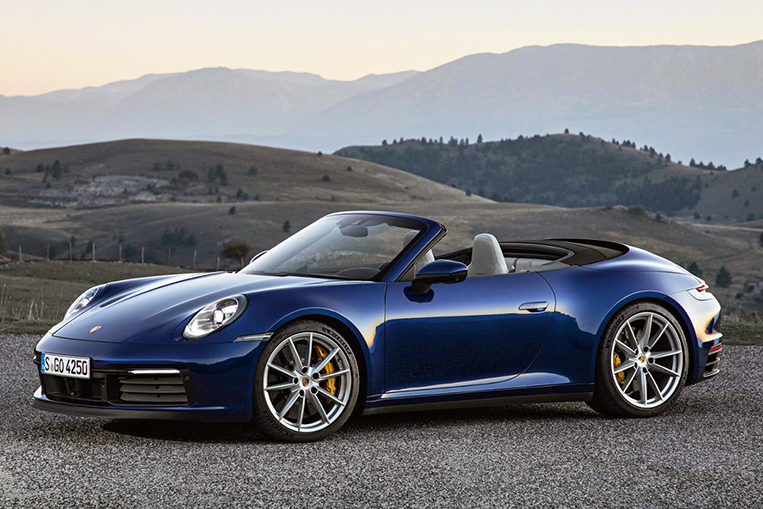
According to Porsche, cabriolet (convertible) versions of its iconic 911 sports car have been a regular feature of its product line since 1981, and it’s easy to see why. It’s another way of enjoying the 911 experience, which, judging by its strong sales figures each year, a lot of customers certainly agree with. The celebrated German automaker vows to continue that tradition of fun top-down motoring with the 911 (992) Cabriolet.
Past 911 Cabriolets were usually launched in the base Carrera variant. The open-top treatment then trickled down to the more upscale trim levels in the 911 range. But for the first time in the car’s history, the Cabriolet will be initially available in spicier Carrera S and Carrera 4S guises. That’s right—an all-wheel-drive 911 convertible for customers who have to negotiate dead leaves in their driveway.
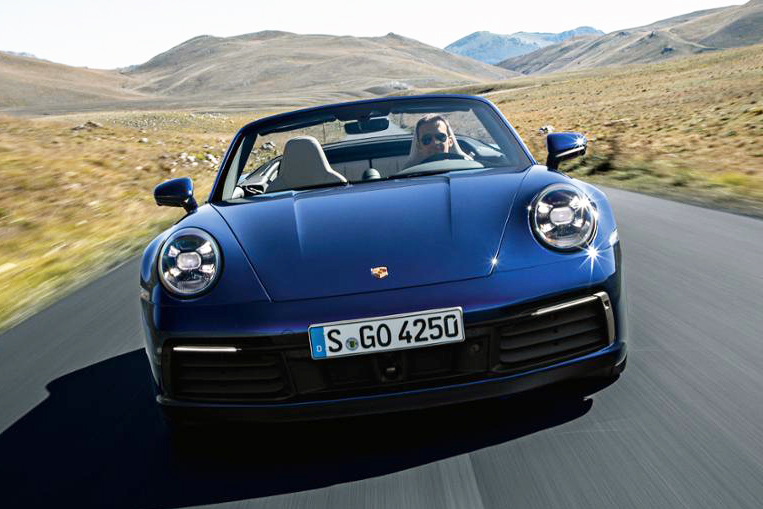
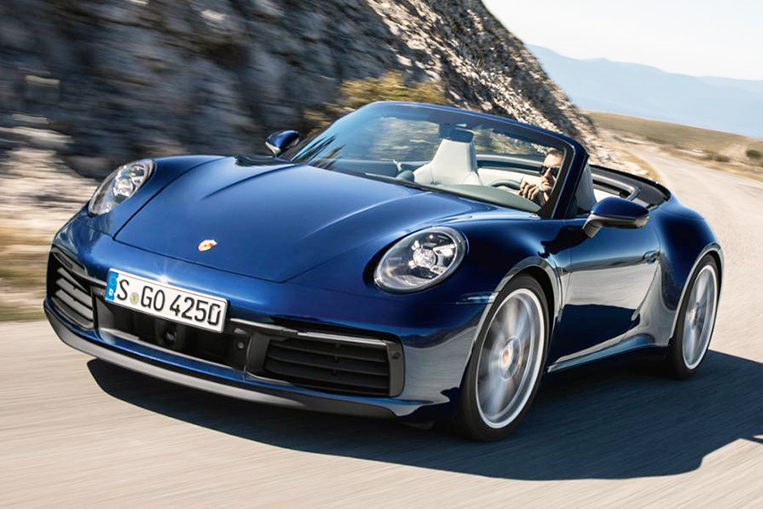
The evolution of the convertible roof has gone a long way from the flimsy pieces of canvas to the incredibly elaborate multipiece folding hard tops of today. But Porsche has decided to still give the 992 Cabriolet a traditional soft top. This obviously saves weight and is easy to quickly stow away. At a push of a button, magic happens and the roof is gone in a brisk 12 seconds.
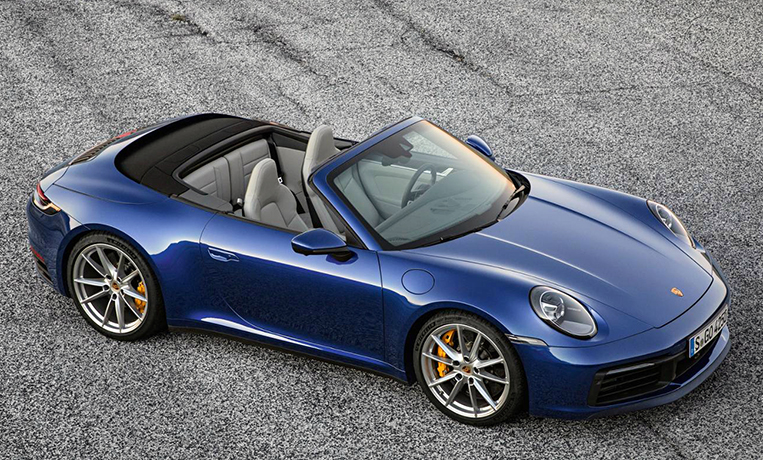
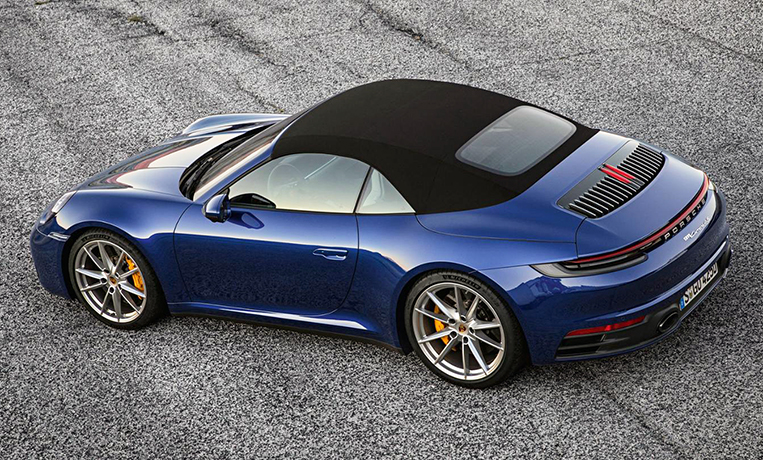
Speaking of things that are soft, one of the biggest engineering challenges in a convertible is structural rigidity. Without a solid roof, there is nothing to help keep the entire body of the car from wobbling and flexing. Porsche obviously doesn’t want this to happen, so for the first time ever, the Porsche Active Suspension Management chassis becomes available on the 911 Cabriolet. Taking advantage of the wider rear track, harder springs and stiffer anti-roll bars keep the sports car composed under stress during cornering.
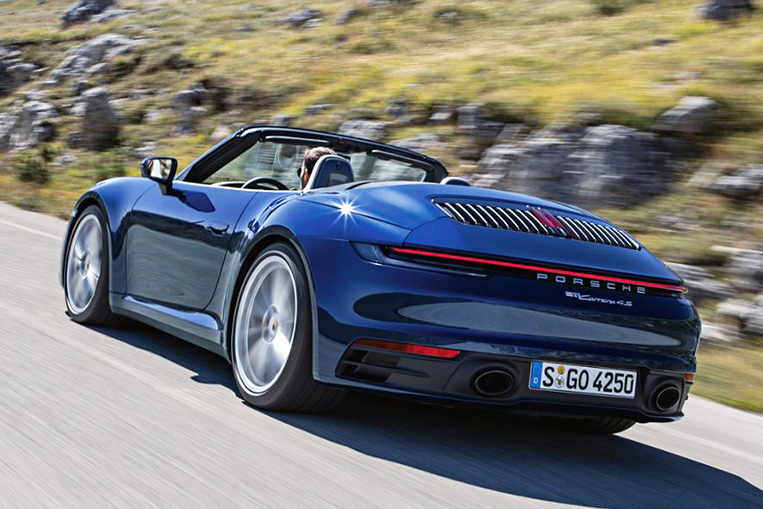
The 3.0-liter flat-six twin-turbo engine is no slouch here. Producing a very healthy 444hp, this motor catapults the roadster from rest to 100km/h in 3.9 seconds. However, all that grunt will be for naught if the car fails to track straight and true in the wet. So aside from the usual slew of electronic nannies that keep the 911 Cabriolet’s on-road habits in check, Porsche has fitted the car with a Wet Mode. Sensors detect the presence of standing water on the tarmac. Afterward, an advisory is sent to the driver, who can then activate Wet Mode. This sets up all electronic assist systems to be a bit more hands-on than usual, all in the name of safety in bad weather.
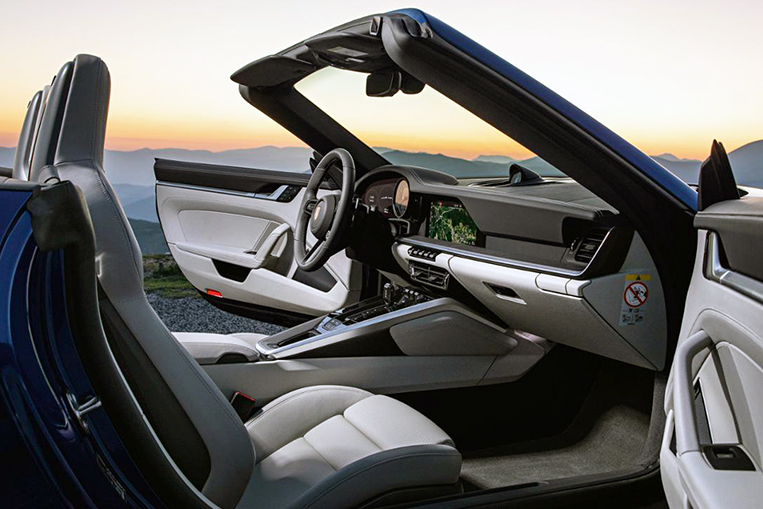
All the technology and engineering that went into the 992 in its convertible form is a result of Porsche’s desire to make more money give its customers more choices in pursuing a breathtaking experience behind the wheel of a 911 sports car. Just a friendly reminder: If you have enough money to eventually own one in the Philippines, always keep the roof up and airtight when motoring around heavily polluted Metro Manila.

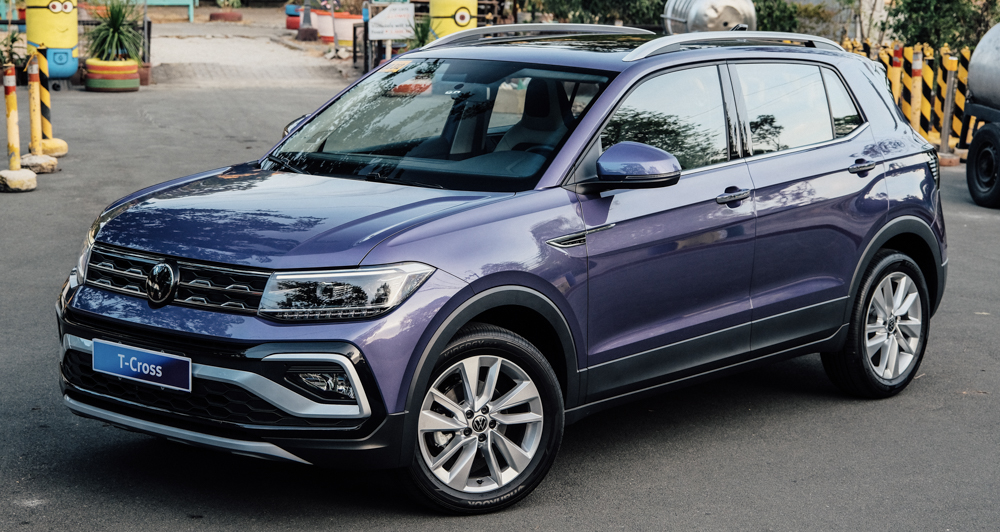
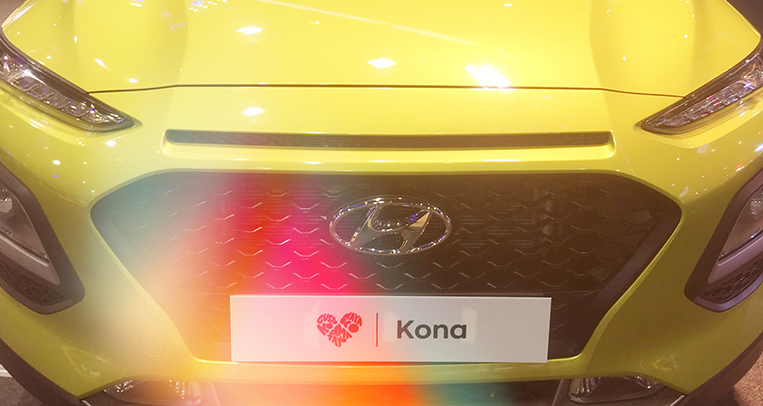
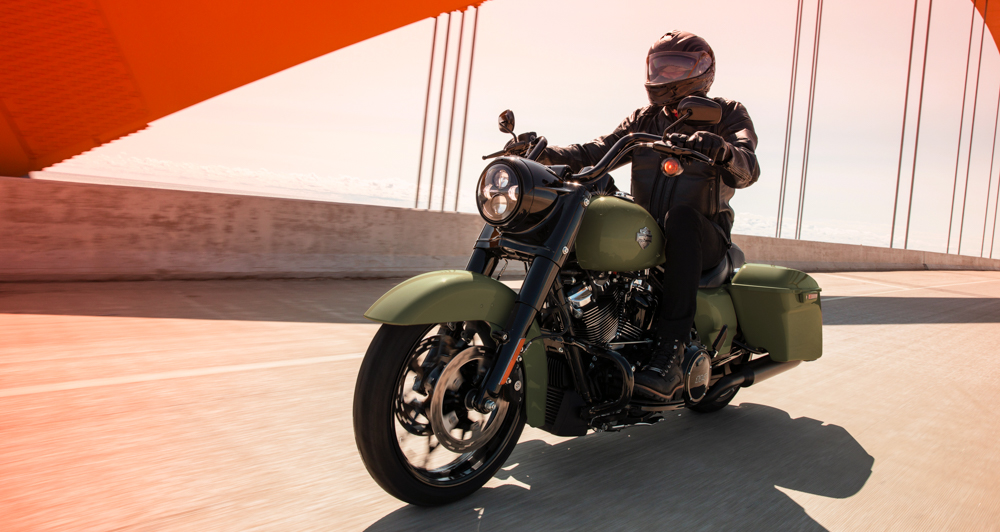
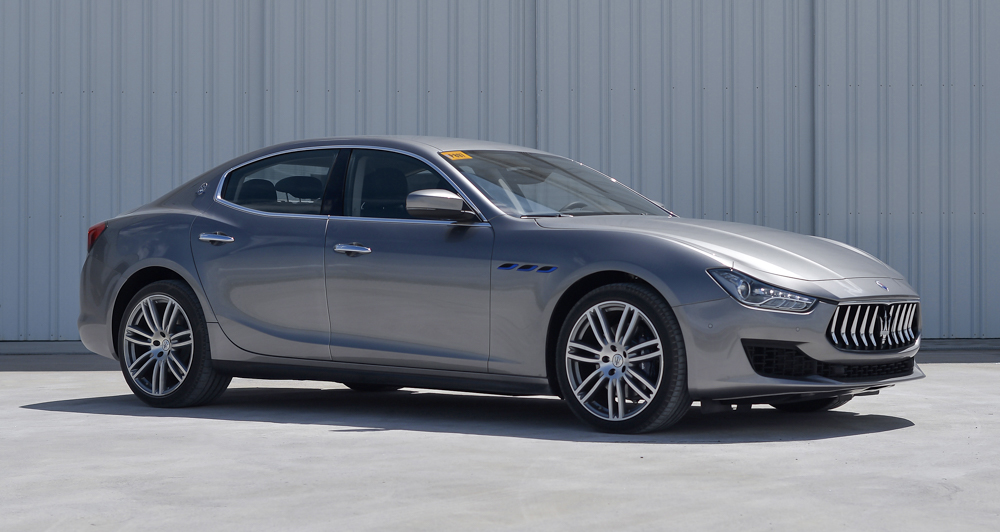
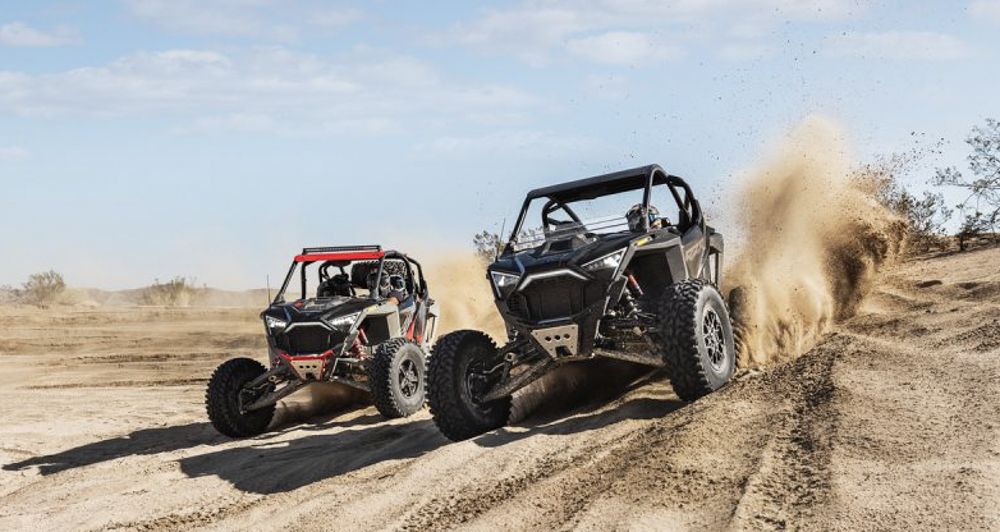
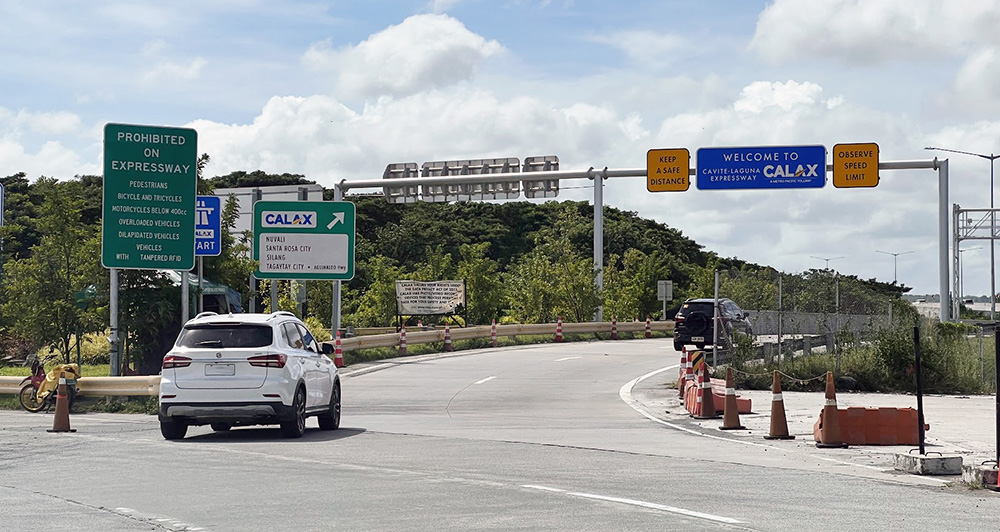


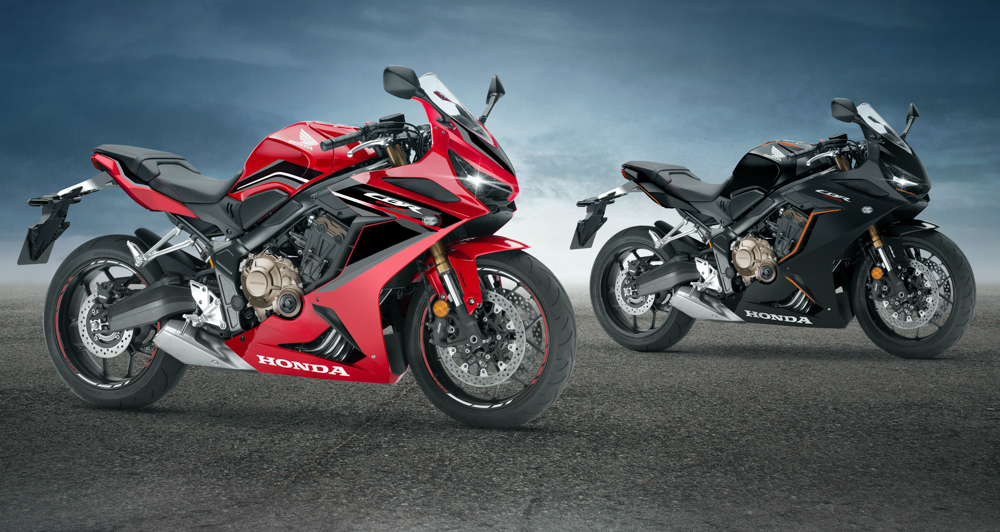
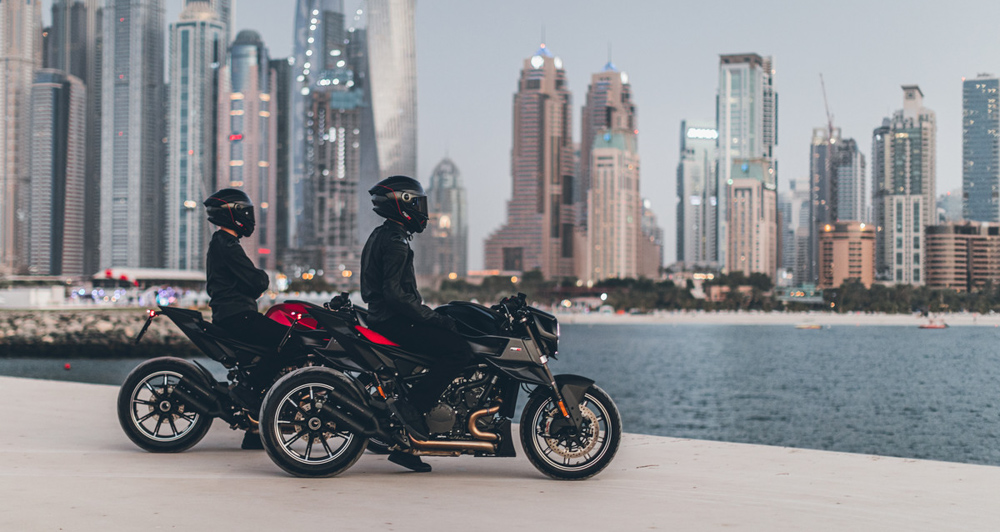
Comments